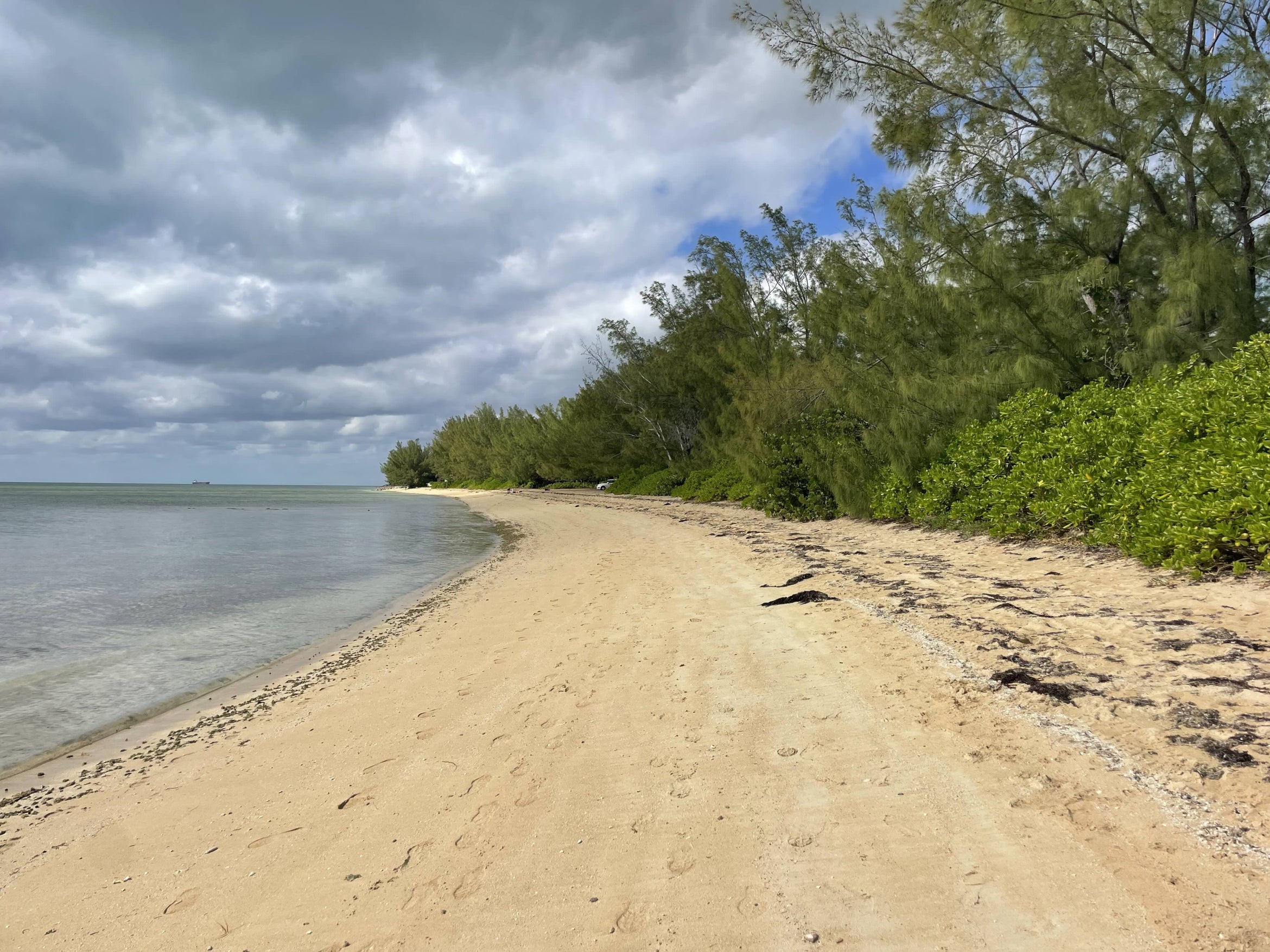
Understanding the Arctic
The National Science Foundation (NSF) has reaffirmed its commitment to data archiving and sharing in the Arctic by investing $6 million to continue funding of the Arctic Data Center for another five years. This partnership, led by the National Center for Ecological Analysis and Synthesis (NCEAS) at UC Santa Barbara, preserves and curates Arctic research data as well as other related research products such as media, documents, software and metadata.
Climate change is happening two to three times faster in the Arctic than in other regions, with profound implications for the planet as a whole, so data from the Arctic region are fundamental to addressing both social and natural science questions. Multidisciplinary, integrative and synthetic research is critical to tackling problems of this scale, and requires reuse of open data from the Arctic Data Center and other international Arctic data facilities.
In the first five years of operations, the Arctic Data Center worked with over 2,500 researchers to archive almost 6,000 individual datasets totaling 56 terabytes, engaged with researchers at national and international Arctic and domain-focused events, and trained researchers in reproducible research techniques. Additionally, they became one of only 27 repositories in the United States to be CoreTrustSeal certified.
“Our next phase of operations will be exciting as we engage with researchers earlier in their research cycle,” said Matthew Jones, principal investigator for the award and director of informatics research at NCEAS. “Through training, direct support and a variety of new data management services such as tools for assessing data quality and sharing interactive data visualizations within research groups before the data are published, the Arctic Data Center will facilitate collaboration for lab and field groups, while also improving reproducibility across Arctic research.”
In the next five years, the center will increase capacity to support big data from satellites, remotely operated aircraft and sensor networks. Providing first-class support for challenges that face the Arctic research community remains a focus, and future work includes increased emphasis on social science data, efficient lab-centric data management and streamlining data integration and reuse. The Arctic Data Center broadly engages the Arctic research community, and will contribute to the important dialogue surrounding Indigenous data sovereignty, increasing appropriate adoption of open research and data archiving in various social science disciplines, and maintaining and promoting the FAIR (Findable, Accessible, Interoperable, and Reusable) and CARE (Collective Benefit, Authority to Control, Responsibility, and Ethics) principles. In collaboration with DataONE, the Arctic Data Center team will contribute to the conversation happening in the larger polar data community, including issues such as interoperability, supporting science on schema.org and harmonizing with various other repositories that hold Arctic data.
Users can continue to search for data from the extensive Arctic data collection and new features and services, such as visualization support and customizable data portals, will augment the existing data discovery interface. John Steinberg, an archaeologist at the University of Massachusetts, Boston and creator of one of those custom portals, said: “[The Arctic Data Center] solves a huge problem for me. I work with foreign governments and when they know the data is being archived in a way that anyone can access it, it puts them at ease that they’ll be able to access it anytime. This is a modern and consistent way to share data.”
The NSF Arctic Data Center team will continue to provide user support services and will support data management planning, provide increased training opportunities (virtual and in person), and will facilitate access to publications using data archived in the center. “We’re excited to build on the success of our Arctic data training activities, increasing both the breadth and capacity of the program,” commented Amber Budden, co-PI and director for learning and outreach at NCEAS. “In collaboration with the community we’ve identified a need for additional curricula around subjects including sensitive data, Indigenous knowledge, CARE principles and qualitative data. These topics are particularly relevant to social science researchers and we will include social science research specific training events as part of our doubling of in-person training, in addition to delivery of a distributed remote curricula.”
“NSF is excited to support five more years of open, collaborative, and transformative Arctic research facilitated by the Arctic Data Center,” added Allen Pope, program director for polar cyberinfrastructure in the NSF’s Office of Polar Programs. “Arctic data are fundamental to Arctic research. In addition to data management training and community-building, the Arctic Data Center provides a secure and reliable service for NSF-funded researchers to archive their data and code, and it also makes all that Arctic data freely available to anybody in the U.S. and the world.”



